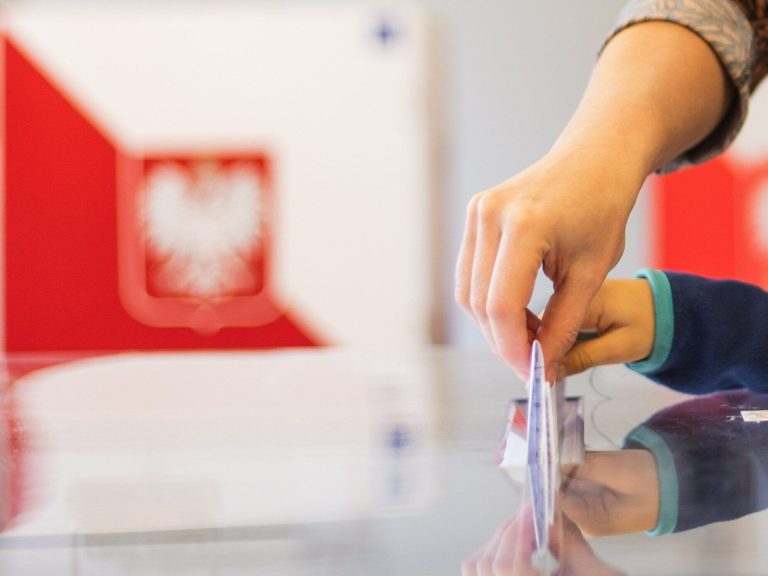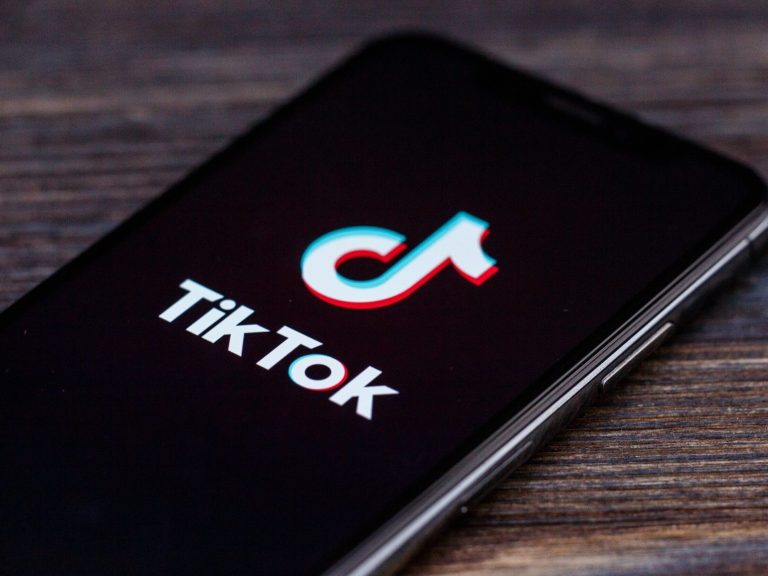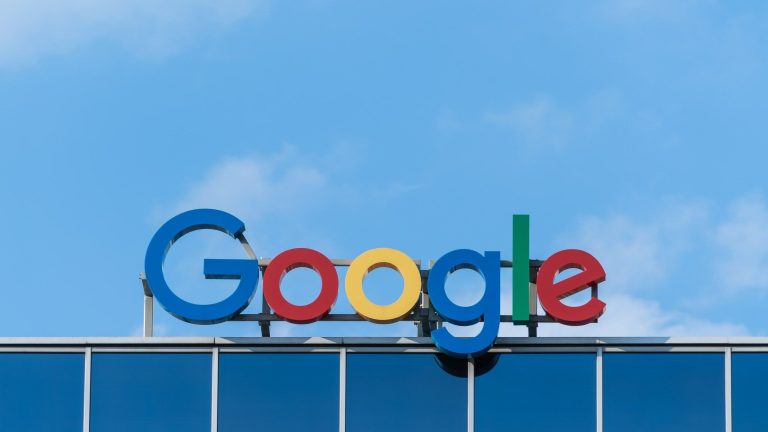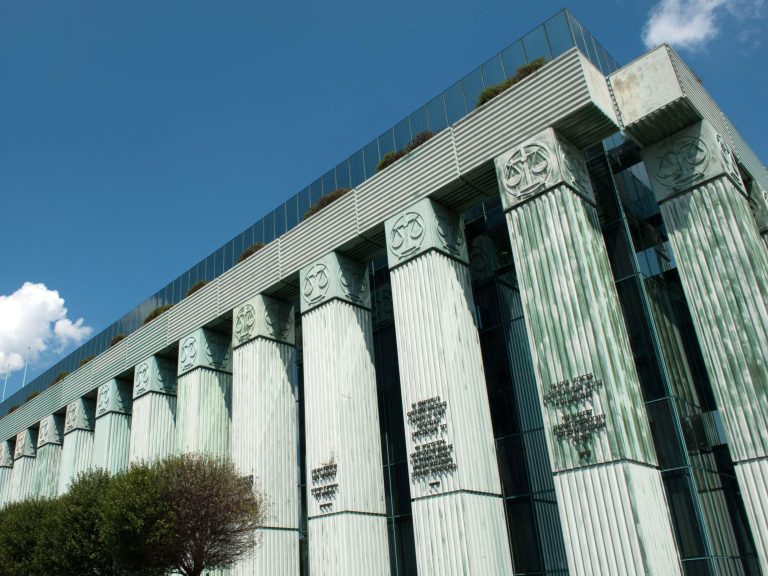Leak of Poles’ medical data. ALAB did not want to negotiate with the hackers

ALAB laboratory network, which deals with research, among others: blood samples, which are collected in most private medical networks in Poland, fell victim to a hacker attack.
Medical data of up to 50,000 Poles could be made available on the Internet. This is the result of a hacker attack on one of the largest nationwide networks of medical laboratories, ALAB. This is a company that carries out this type of activities for most private medical networks.
Medical data of Poles on the Internet
The ALAB network fell victim to an attack by the RA World hacker group, which carried out a ransomware attack, i.e. it got into computers containing sensitive data, then encrypted them, and then demanded a ransom for their decryption. However, ALAB did not attempt to negotiate with the criminals, which resulted in the data of up to 50,000 people being found on the Internet.
According to the hackers, this is only a small part of the intercepted data. Sharing them was to show the company that the criminals were not bluffing.
Test results, personal data and PESEL number
As part of the leak, which was the work of hackers, sensitive data such as names, surnames, PESEL numbers, as well as the results of research carried out at that time appeared on the Internet. So the problem is that the leak does not only affect “standard” data that in similar cases ends up on the Internet, but also very intimate health information.
According to hackers, this is just a trial leak, and the real one may be much bigger. According to the Zaufana Trzecia Strona portal, the criminals allegedly intercepted as much as 5 GB of medical data, as well as 1 GB of contracts concluded by ALAB. These are to be documents from 2017-2023.
Criminals demand ransom
Moreover, the hackers claim that if ALAB still does not cooperate and does not pay the required ransom, as many as 246 gigabytes of PDF and XML files containing the names, surnames and PESEL numbers of patients will be available on the Internet on December 31.






